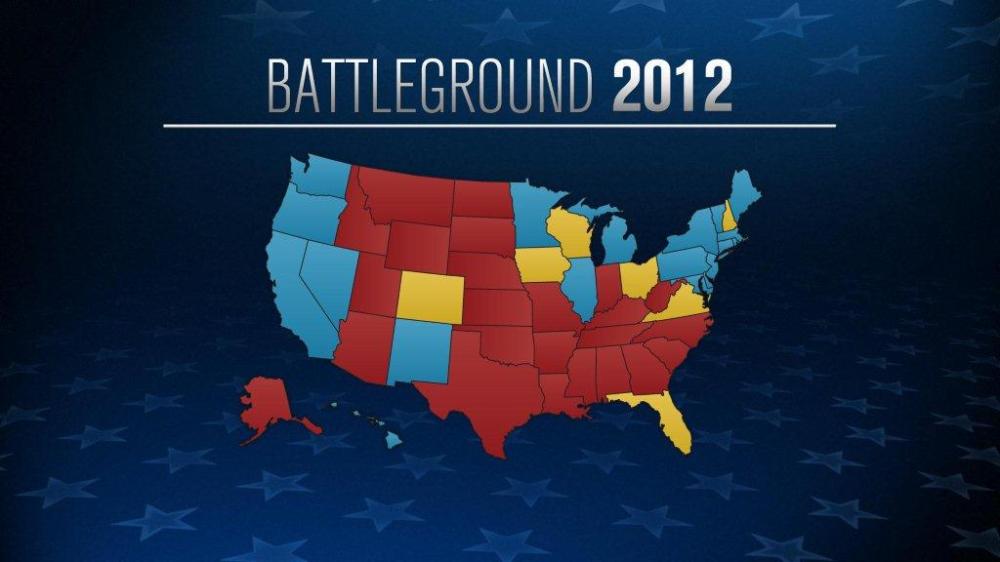I am a sucker for traditions. Especially quirky traditions. The running of the bulls, the green jacket in the Masters, that thing in Detroit where fans of the Red Wings throw octopuses—or is it octopi—on the ice during playoff games. Back where I grew up, in Massachusetts, there’s a group of old men who celebrate every New Year’s Day by putting on their bathing suits and jumping into the freezing Atlantic Ocean, because, well just because. And I think it’s great.
But in politics, there’s one quirky tradition I really, really don’t like: the Electoral College.
You know how it works. We don’t really have a national election for president. We have a bunch of individual state elections. Win the right combination of states and you can become president even if a majority of Americans actually voted for someone else.
This has happened before. Most recently in 2000, when more than half-a-million more voters chose Al Gore than George W. Bush, but Bush was installed as president anyway—thanks to 25 electoral votes from Florida. And 5 votes from the Supreme Court. It happened with Benjamin Harrison in 1888 too, Rutherford Hayes in 1876, John Quincy Adams in 1824 … and it actually may have happened in 1960 with John F. Kennedy—for more on that go read Sean Trende at RealClearPolitics, who told the whole, fascinating story this week.
And it’s looking more and more possible—if not likely—that it will happen again this year. Just look at the Real Clear Politics average—Mitt Romney’s pulled ahead, very slightly, in the national horse race. But he’s running behind in just about all of the most important swing states.












